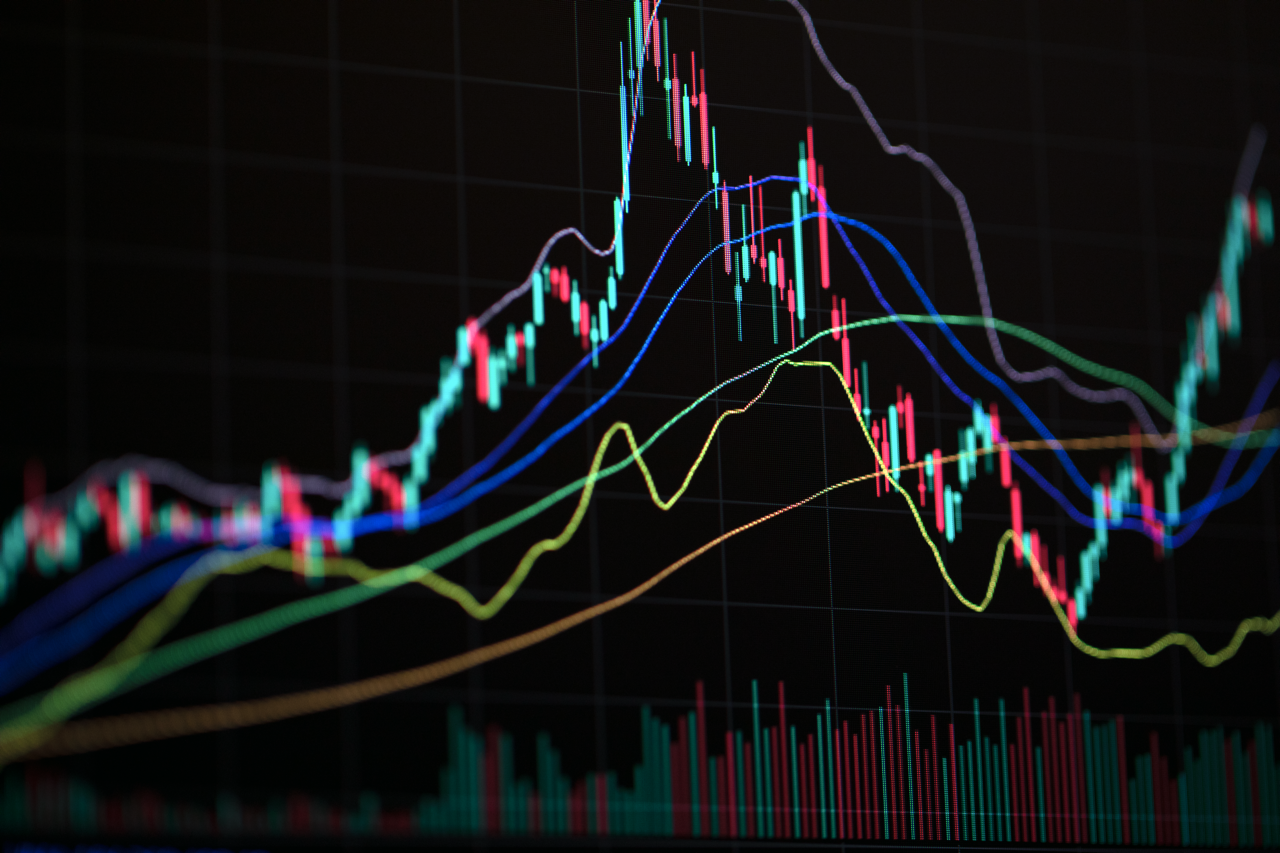UK Debt exceeds GDP
Three months on from the outbreak of the COVID-19 crisis, and the bills are finally starting to arrive.
The figures for UK government borrowing in May, released last week, are truly shocking. The deficit hit £55bn in one month, nine times bigger than in May the previous year.
Debt as a proportion of GDP has reached 100% - in other words the amount of debt is the same size as the entire economy, something that hasn’t been experienced since 1963 when the country was still paying off debts accumulated during the Second World War.
That debt, of course, is still rising – we are far from the peak, and the UK debt to GDP ratio will likely hit at least 120% in the next two years.
Back in 2009, just after the financial crisis, two well-known economists, Carmen Reinhart and Ken Rogoff, wrote a book called ‘This Time is Different: A Panoramic View of Eight Centuries of Financial Crises’, which argued that countries with a debt to GDP ratio of over 100% grew at a lower rate than countries with better (or lower) ratios.
Some of the data which informed the opinion was subsequently found to be faulty, which undermined the conclusions. But their warnings about high debt levels probably had something to do with the commitment of many governments to ‘austerity’ which informed the last decade.
Whether their prediction comes true this time, when debt to GDP ratios are much higher than in 2009, remains to be seen. The consensus at present is that governments can do pretty much whatever they want, borrowing up to conceivably unlimited levels.
Interviewed on May 18th, Ken Rogoff said that this time (i.e. now) really was different, given this was ‘the first global recession crisis really since the Great Depression’.
While the 2008 crash affected the developed world, emerging markets escaped relatively lightly. This time every nation has been caught up in the pandemic pandemonium.
Central banks are buying government bonds in large amounts, meaning there is a buyer of last resort, and an underwriter of any new government debt issues.
Last week the Bank of England committed to buying another £100bn of government bonds until the end of this year, taking the cumulative total held by the Bank to £750bn since the quantitative easing process started in 2009.
The Bank of England was surprisingly upbeat about the UK economy, and thought that the outlook had improved since it last spoke in May. It also reduced the pace at which it buys bonds from £13bn per week to £4bn. Gilt yields rose a little as a result.
After the dramatic rebound we have seen in equity markets, with the S&P up 42% from its March lows, investors could be forgiven for saying, in the words of former Prime Minister Jim Callaghan (when the UK government was forced to borrow money from the International Money Fund), ‘Crisis? What crisis?’
As a result the US stock market is now almost as expensive as it was during the Dot Com bubble in 2000, with tech stocks leading the charge once again.
The rally has been fuelled by the huge amounts of stimulus, both fiscal and monetary, as well as those familiar acronyms, FOMO (Fear of Missing Out) and TINA (There is No Alternative – to equities as a source of return, that is).
Where the market goes from here is anyone’s guess. We had two contrasting views from US investment banks last week.
On the one hand, Citigroup argued that European stocks will be trading at the same level in 12 months’ time. Earnings will drop -50% in 2020, but rebound only 30% in 2021, leaving the market’s valuation at 22x forward earnings (and so expensive), rather than the 15x PE ratio it appears to be trading at on current analysts’ forecasts.
On the other hand, Morgan Stanley argued that the cycle is ‘more normal than appreciated’, and that the world will experience a sharp recovery.
They think the global economy will roar back to pre-pandemic levels by the fourth quarter and fuel a strong stock-market bounce into 2021. ‘We have greater confidence in our call for a V-shaped recovery, given recent upside surprises in growth data and policy action.’
At this point one can’t say much other than that – either of them could be right.
Disclaimer: The views, thoughts and opinions expressed within this article are those of the author, and not those of any company within the Capital International Group (CIG) and as such are neither given nor endorsed by CIG. Information in this article does not constitute investment advice or an offer or an invitation by or on behalf of any company within the Capital International Group of companies to buy or sell any product or security.















